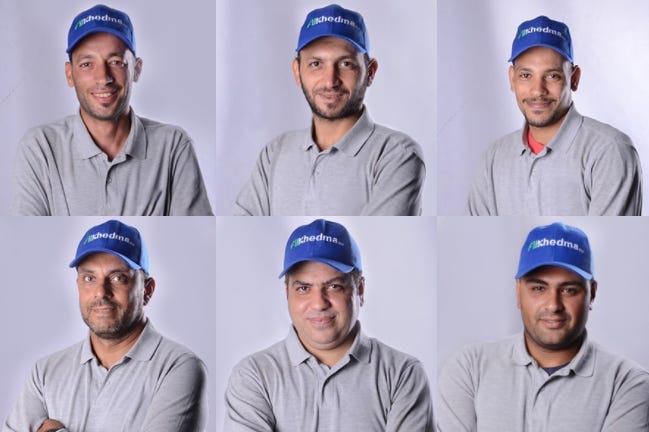The Africa SMME Tech Report
Issue No. 22. Africa-Middle East local and small business tech news for 10 January 2022. This issue features FilKhedma, SweepSouth, Foodics, REEF, and more...
This issue of The Africa SMME Tech Report is brought to you by Duda
Will Digital Home Services Hot Up in ‘22?
When we wrote about SweepSouth back in October, we said this.
SweepSouth, the South African gig platform matching domestic workers with residences in need of a good cleaning, has ambitions to operate across the African continent.
Last month (whil…
Keep reading with a 7-day free trial
Subscribe to The Africa B2B Tech Report to keep reading this post and get 7 days of free access to the full post archives.



